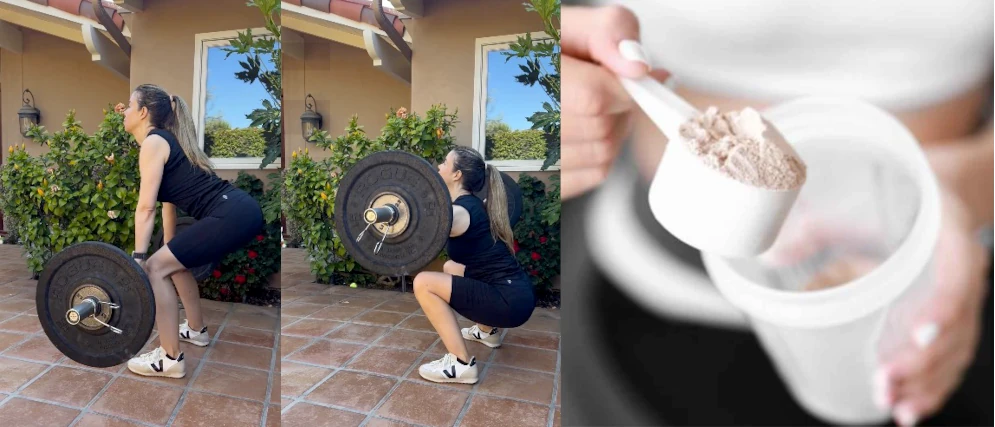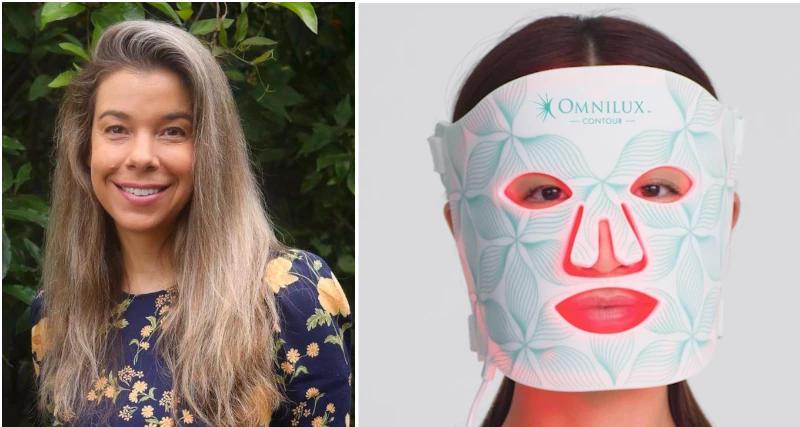Dr Rhonda Patrick has recently been discussing the benefits of curcumin. In this article we will look at the products she uses + the scientific studies and information behind curcumin’s benefits.
Let’s begin with the curcumin/turmeric product that Rhonda has been using:
- Curcumin Phytosome (Meriva) – by Thorne, Jarrow or NOW (the tweet below was from 2016, in 2019 Rhonda generally uses Thorne brand, where possible, for supplements)


The difference between a curcumin phytosome supplement, like the above, and a “regular” curcumin supplement is bioavailability. In a human study comparing Meriva absorption to regular curcumin, Meriva was shown to have a 18-fold higher absorption rate than standard curcumin1Comparative absorption of a standardized curcuminoid mixture and its lecithin formulation – Cuomo et al. (2011).
The phytosome part of the name means that a fat based wrapper (in this case from sunflower oil) is formed around the curcumin chemical. I couldn’t find the exact mechanism of action that leads to greater uptake by our cells, which would be interesting to know.
What is Curcumin? Curcumin vs Turmeric vs Cumin
Before we go any further, lets just clarify what we mean by curcumin.
Curcumin comes from the turmeric root, and is the bright yellow chemical that has a propensity to dye everything it comes into contact with (it’s what gives curries their yellow color).
Not to be confused with cumin, which is a different plant entirely. Cumin, is also used a lot in Indian cooking, and literally contains some of the same letters as curcumin.
Curcumin is one of three curcuminoids that come from turmeric, the other two have really long names (demethoxycurcumin (DMC) and bisdemethoxycurcumin (BDMC)).
These other curcuminoids also exhibit anti-inflammatory properties2Curcumin, demethoxycurcumin, bisdemethoxycurcumin, tetrahydrocurcumin and turmerones differentially regulate anti-inflammatory and anti-proliferative responses through a ROS-independent mechanism – Sandur et al. (2007), so are useful. Fortunately they get extracted at the same time as curcumin, so if you’re consuming a curcumin extract, it will contain DMC & BDMC also. In the approximate ratio of 77% curcumin, 17% demethoxycurcumin and 3% bisdemothoxycurcumin3Effects of curcumin, demethoxycurcumin, bisdemethoxycurcumin and tetrahydrocurcumin on 12-O-tetradecanoylphorbol-13-acetateinduced tumor promotion – Huang et al. (1995).

Difference between Turmeric and a “Curcumin Supplement”?
When you’re consuming a curcumin supplement, it typically means that the (approximately) 5% of curcumin present in turmeric has been extracted using a solvent4Extraction of curcumin from turmeric roots – PDF link.
This way, the powder you end up with is in the range of 95% curcumin, rather than ~5% curcumin if it was a turmeric powder.
Curcumin Benefits
One of the key mechanisms of action behind curcumin is its ability to reduce chronic inflammation. Inflammation itself is not a bad thing, in fact its an essential survival mechanism that helps our bodies fight illness and heal injuries. Essentially what we mean by this is, when there’s an infection or physical trauma, we want inflammatory signals to communicated, such that the immune system, and other key systems can take action. However if there’s chronic inflammation, or inflammation in the wrong places, we have a problem.
Proteins within our body called cytokines control cell signalling to stimulate or reduce inflammation. When this system has issues regulating itself correctly, it results in unnecessary inflammation of the body. Curcumin has been shown to regulate the release of pro-inflammatory cytokines. Examples of this include:
- Curcumin downregulates the inflammatory cytokines CXCL1 and -2 in breast cancer cells via NFκB (source)
- Curcuminoids inhibit activity of steroidogenic pathways CYP17A1 and CYP19A, indicating potential anti-carcinogenic effects in case of prostate and breast cancer (source)
- Curcumin Blocks Cytokine-Mediated NF-κB Activation and Proinflammatory Gene Expression by Inhibiting Inhibitory Factor I-κB Kinase Activity (source)
- Epigenetic regulation of high glucose-induced proinflammatory cytokine production in monocytes by curcumin (source)
Whilst the above is a “core mechanism” behind why curcumin is beneficial, there may others.
Lets now look at some of the practical uses behind curcumin:
Pain Relief (Including for Arthritis)
People with arthritis are often battling chronic, day to day pain, and thus are among the most frequent users5NSAID gastropathy: the second most deadly rheumatic disease? Epidemiology and risk appraisal – Fries et al. (1991) of non steroidal anti-inflammatory drugs (NSAIDs) such as ibuprofen, aspirin and indometacin. The major risk with chronic use of NSAIDs is gastrointestinal complications – ranging from regurgitation/heartburn to bleeds and ulcers6Nonsteroidal anti-inflammatory drugs and upper and lower gastrointestinal mucosal damage – Sostress et al. (2013). Therefore, a substance that can reduce pain, with less side effects than NSAIDs is highly desirable.
Below Rhonda cites studies where curcumin supplements were comparable to NSAIDs. If you click the pictures they will take you directly to her tweet, which includes the study links.


Improved Memory & Attention
Curcumin appears to help reduce the cognitive decline associated with aging.



Reducing Depression / Anxiety
Curcumin appears to have benefits in reducing depression.

Summary
- For the most potent effects, we want to be taking curcumin extract, rather than turmeric powder/root
- To maximise bioavailability, we want to be consuming a Meriva or Theracurmin version of curcumin.
References
- 1
- 2
- 3
- 4Extraction of curcumin from turmeric roots – PDF link
- 5
- 6Nonsteroidal anti-inflammatory drugs and upper and lower gastrointestinal mucosal damage – Sostress et al. (2013)


